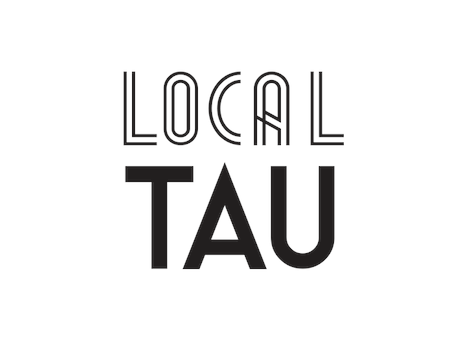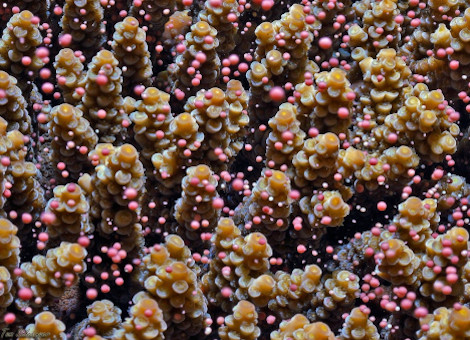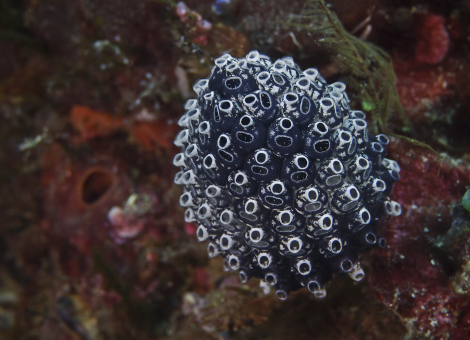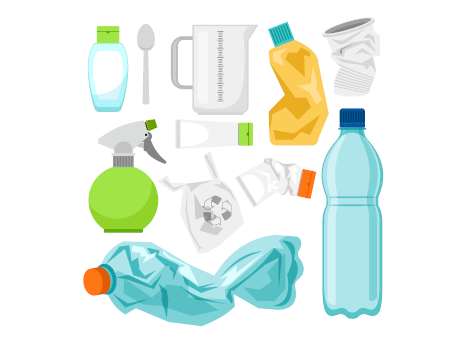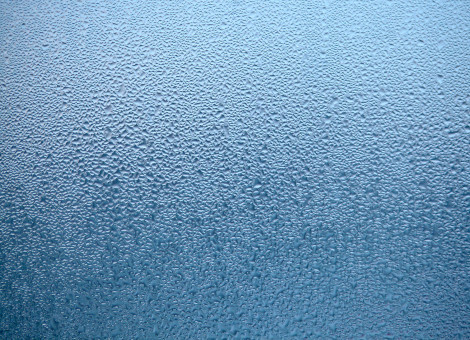
Water vapor in the atmosphere may be prime renewable energy source
The search for renewable energy sources, which include wind, solar, hydroelectric dams, geothermal, and biomass, has preoccupied scientists and policymakers alike, due to their enormous potential in the fight against climate change. A new Tel Aviv University study finds that water vapor in the atmosphere may serve as a potential renewable energy source in the… Read More

